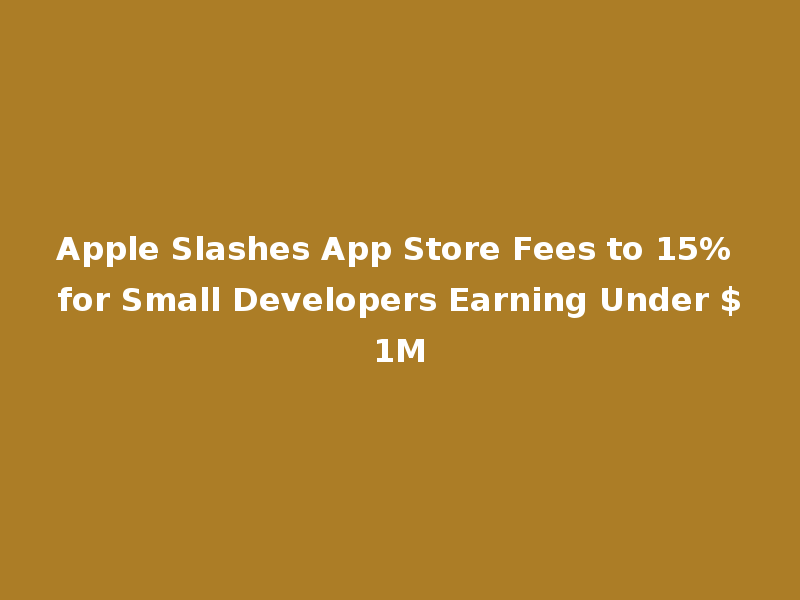California’s AI Transparency Law Faces Corporate Silence
California Governor Gavin Newsom recently signed AB 2013, a groundbreaking law requiring generative AI companies to disclose their training data sources. However, most major AI developers remain tight-lipped about whether they’ll comply.
Key Requirements of AB 2013
- Disclosure mandates: Companies must publish summaries of training data including:
- Data ownership and procurement methods
- Presence of copyrighted or personal information
- Timeline of data collection
- Scope: Applies to systems released since January 2022 (including ChatGPT and Stable Diffusion)
- Deadline: Compliance required by January 2026
- Jurisdiction: Only affects systems available to California residents
Industry Response: Mostly Radio Silence
When TechCrunch reached out to leading AI companies:
- Only 3 confirmed compliance: OpenAI, Stability AI, and Runway
- Microsoft explicitly declined to comment
- No response from Anthropic, Google, Amazon, Meta, Midjourney, Udio, Suno, or Luma Labs
“OpenAI complies with the law in jurisdictions we operate in, including this one,” stated an OpenAI spokesperson. Stability AI expressed support for “thoughtful regulation that protects the public without stifling innovation.”
Why the Silence? Competitive and Legal Concerns
Several factors explain corporate reluctance:
- Competitive Advantage: Training data composition is now closely guarded intellectual property
- Legal Exposure: Disclosure could fuel existing lawsuits over:
- Copyright infringement (books, music, art)
- Privacy violations (personal/medical data)
- Broad Application: The law also covers companies that substantially modify existing AI systems
Current Legal Landscape
- Multiple ongoing lawsuits against Meta, OpenAI, Anthropic for using copyrighted books
- Music labels suing Udio and Suno over uncompensated song usage
- Artist class actions against Stability and Midjourney for alleged data theft
The Fair Use Debate
Many companies are banking on fair use defenses, arguing AI training is transformative rather than plagiaristic. Some have already:
- Modified platform terms to expand data collection rights
- Continued using controversial data sources despite legal warnings
Reported examples include:
- Meta using copyrighted books against legal advice
- Runway training on Netflix/Disney content
- OpenAI transcribing YouTube videos without creator consent
Potential Outcomes
By 2026, we may see:
- Full compliance with transparent disclosures
- Geographical restrictions: California-specific model versions
- Legal challenges to AB 2013
- Court decisions that could redefine fair use for AI
As the deadline approaches, the tech industry’s response to California’s transparency mandate will shape the future of AI regulation and intellectual property rights.
📚 Featured Products & Recommendations
Discover our carefully selected products that complement this article’s topics:
🛍️ Featured Product 1: Townsend 64 x 34-Inch Single Threshold ADA Shower Base With Linear Drain
 Image: Premium product showcase
Image: Premium product showcase
Carefully crafted townsend 64 x 34-inch single threshold ada shower base with linear drain delivering superior performance and lasting value.
Key Features:
- Industry-leading performance metrics
- Versatile application capabilities
- Robust build quality and materials
- Satisfaction guarantee and warranty
🔗 View Product Details & Purchase
💡 Need Help Choosing? Contact our expert team for personalized product recommendations!












